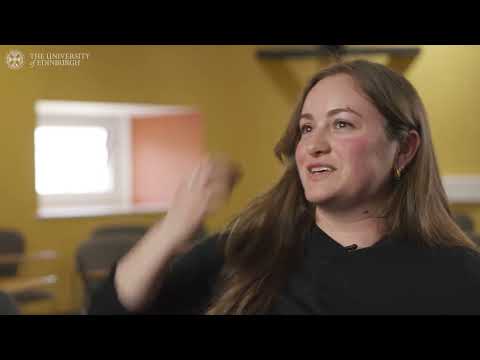Outline
The MSc Architecture, Landscape, and Environment offers you the opportunity to advance your studies in the dynamic teaching and learning environment of Edinburgh College of Art.
As an Architecture, Landscape and Environment MSc student, you will explore and work with an expanded understanding of critical theories and practices at the forefront of contemporary environmental and societal challenges, delivered by an experienced group of research-led senior staff at the University of Edinburgh.
Interdisciplinary in nature, this programme offers a unique opportunity to explore the interconnected histories and theories of the built environment and landscape in relation to pressing environmental concerns.
The programme is not design-based but follows a generalist structure. It offers a flexible framework that supports student-led choices, enabling you to shape your own learning experience. This approach allows you to explore and develop a broad range of specialised and experimental methods relevant to situated, spatial, and site-related theory and practice.
You will join a programme that achieved 100% overall student satisfaction in the 2024/25 Postgraduate Taught Experience Survey. Teaching and Learning was rated at 100%, while other areas, including Engagement, Skills Development, Support, Learning Resources (online and on-campus) and Community Building, all scored above 90%.
To find out more about this course, visit our Degree Finder: Architecture, Landscape and Environment.





